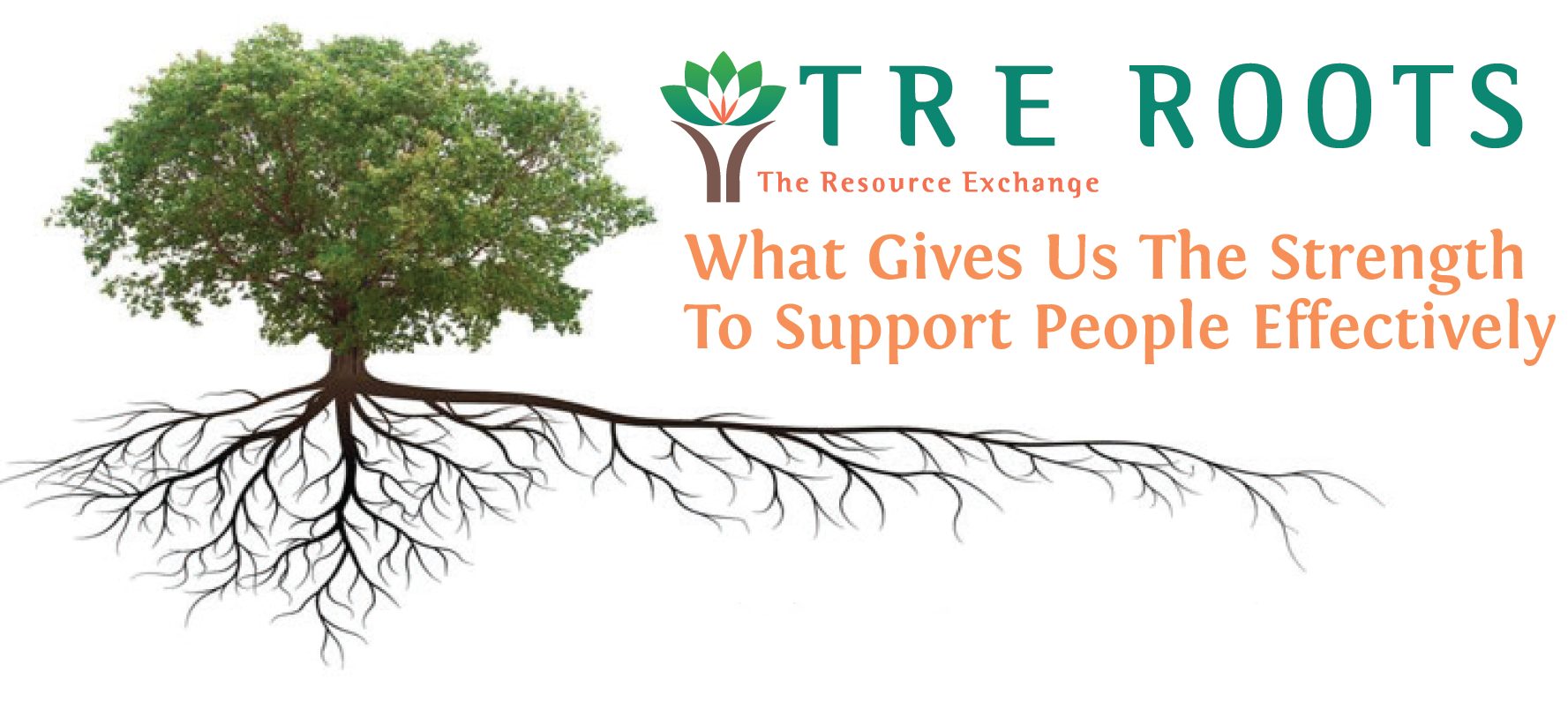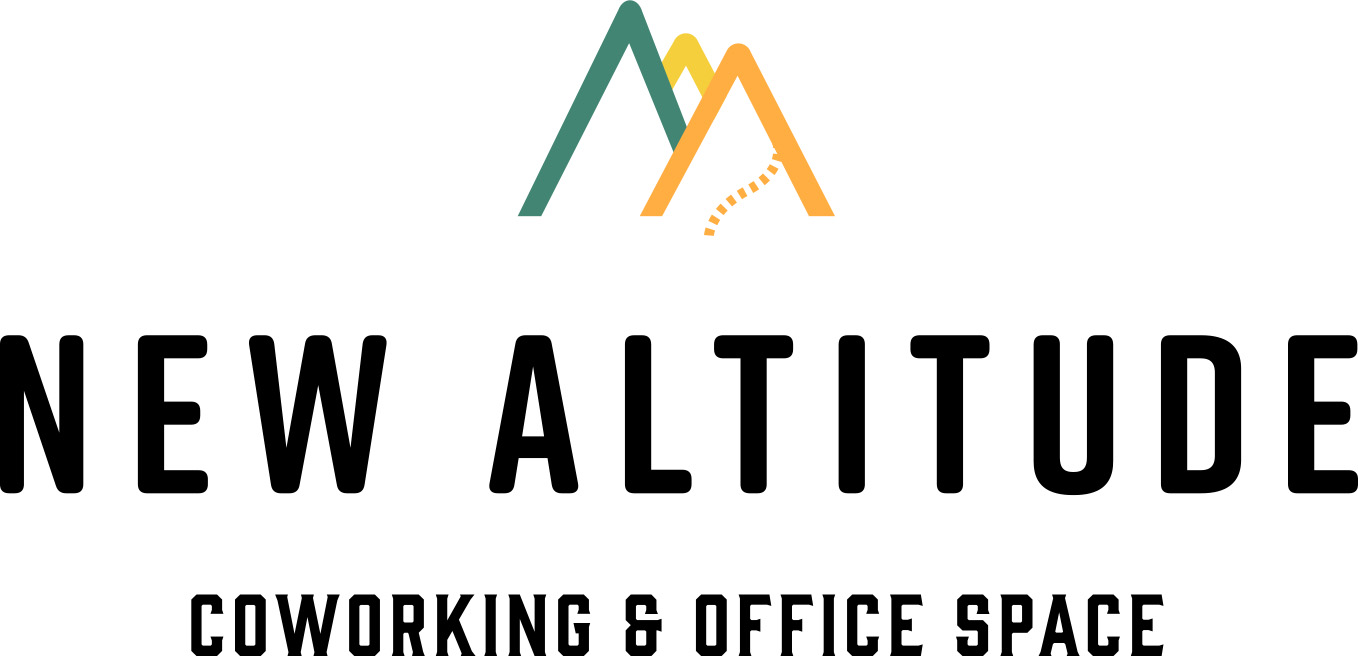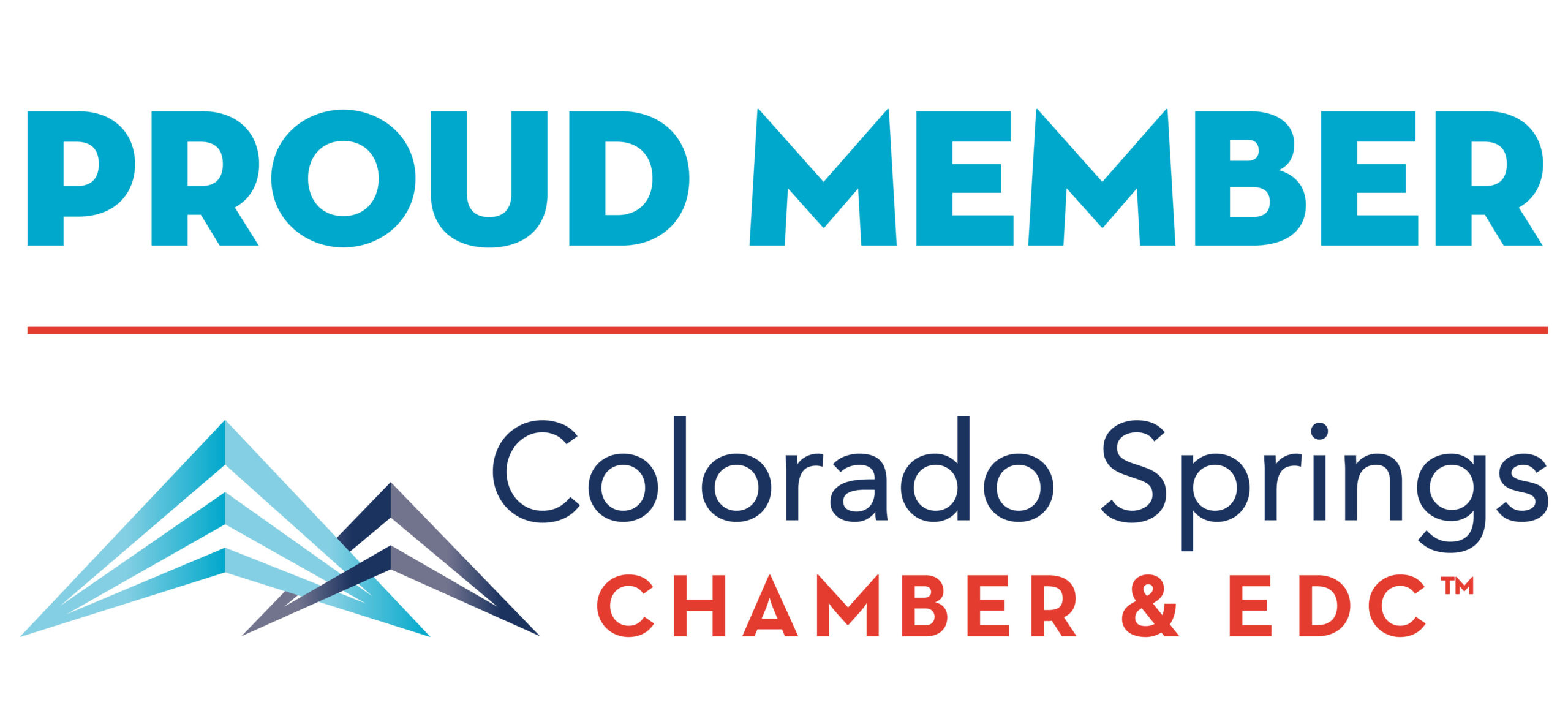

We are proud to share the next in our series of TRE’s cultural “roots”, guideposts that have been identified by TRE as critical to our work. Read more about this organizational effort at www.tre.org/blog-tre-roots/.
TRE Root #13: ASSUME POSITIVE INTENT
Work from the assumption that people are good, fair, and honest, and that the intent behind their actions is positive. Set aside your own judgements and preconceived notions. Give people the benefit of the doubt.
Assume positive intent is such an important Root for me professionally and personally. All of us interact with conflict and situations that don’t go the way we want. It is an inevitable part of life. During these times of conflict, we tend to doubt others and make assumptions as to why they think the way they do or why they acted the way they did. Often (more often than not) those assumptions are incorrect, or they don’t encompass the full comprehensiveness of the influences on the other person’s actions.
The word assume means to suppose without proof. When we assume a negative intent of someone’s actions, our behavior and our willingness to engage in Blameless Problem-Solving is greatly diminished and is not based on any proof of the person’s true intent. If instead we assume positive intent and consciously choose to approach the situation without judgement of the other person, we become more open and available to Speak Straight and Listen Generously. This brings both people (or groups) into a more collaborative interaction that is respectful of differing perspectives and open to learning from the interaction.
When I feel defensiveness building up in me during an interaction, I’ve learned to stop myself and ask if I’m assuming negative intent on the part of the other person and how I might shift that to assume positive intent. Catching myself in the moment has been a big influence on my ability to assume positive intent more routinely. I started with simple things like when I’m driving into work and another driver does something that aggravates me, and I say something negative about that driver in my head. I stop myself and then ask myself, “I wonder what might have happened for them this morning that is making them drive that way?” Or, I’ll ponder what real emergency might they have that is leading them to drive that way. Practicing this has allowed me to do this in more contentious situations when I’m face-to-face with someone. In these situations, I find that when I shift to assume positive intent, my defensiveness goes away, and I can truly listen to what the person has to say. This also then begins to diminish the other person’s defensiveness.
Assuming positive intent does not mean we do not confront people that are not behaving according to our Roots or creating disruption in our world. Remember, Speaking Straight is about being clear in your communication while at the same time caring enough about the other person to invest in a real conversation. Confronting an issue or challenge while assuming positive intent, but also speaking to the impact of the actions allows us to work together for resolution and help each other understand the impact of our actions. Assuming positive intent is also closely connected to our ability to Have a Collaborative Spirit.
Personally, assuming positive intent has had significant impact on my well-being. According to emotional intelligence literature, assuming positive intent and optimism in general is linked closely with self-regard. Positive self-regard is associated with strong coping skills to adapt and respond to challenges in life. It allows you to be happy in spite of your imperfections and the adversity life brings. Taking this positive approach is a natural stress reducer and enhances our positive relationships with other people. This contributes to our sense of well-being and the self-care we take. I’ve seen this directly impact my anxiety levels in stressful situations and my sleep habits. For me, it is an incredibly powerful Root to focus on intentionally and improve for myself, as well as utilize to support others to collaborate better.
As you go about your work, consider the following:
- Take a day and observe when you assume negative intent on the part of another person. What was the situation? What were your assumptions about the person? If you assume positive intent instead, how does that change your view of the situation?
- Talk within your team about situations that have presented challenges for members with peers, people you support, or caregivers and other partners? How could changing your assumptions to assume positive intent change the way you can approach that person?
- Share examples of where you observe people assuming positive intent at work or out in the community this week – LOOK FOR IT.







Leave a Reply